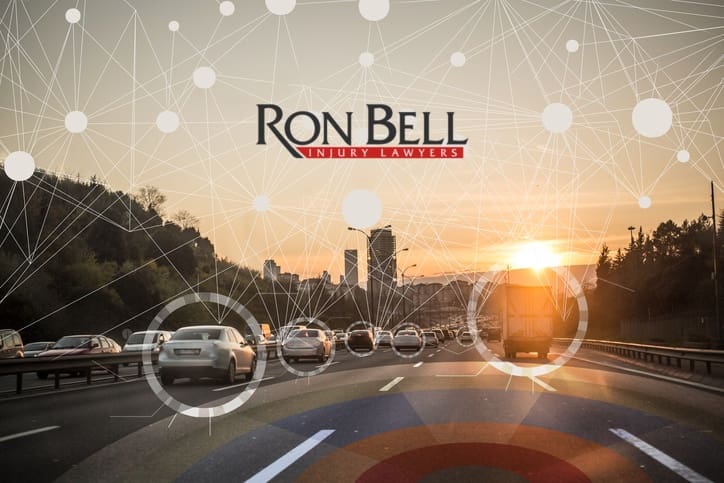
How The Autonomous Car Revolution Will Affect the Insurance Industry
June 22, 2018
The mass adoption of self-driving vehicles is imminent – and it may negatively affect the car insurance industry. However, there are ways for it to adapt.
Since Google started working on its self-driving car project back in 2009, commentators have mentioned that – if successful – the autonomous vehicle has the potential to become a disruptive innovation. This term describes a piece of new technology that can create new markets and completely transform old ones. Now, almost ten years later, we can see in real time how robot cars and self-driving technologies from companies like Waymo, Uber, and Tesla to mention just a few, are actively changing multiple industries at a time. The legal industry and the car insurance market are among those that will be most directly affected by the widespread adoption of the autonomous car. In this week’s blog post we explain how.
Imminent Shifts in the Approach to Liability
Today, liability in a car accident in most cases boils down to the issue of a driver’s negligence. According to statistics provided by the NHTSA, 94% of all motor vehicle accidents are caused by human error. This means that the autonomous car revolution should, in principle, drastically lower the number of accidents and save thousands of lives a year. Nevertheless, as proven by the examples mentioned in the previous article, robot cars can get into and cause, serious accidents even now – when both the number of individual self-driving cars and the places where they operate is limited. Even though we will likely see fewer accidents overall, when autonomous vehicles start appearing on the roads en masse there are bound to be some accidents still. This, in turn, will result in an interesting shift in accident liability. After all, who should be blamed for an accident that wasn’t caused by any specific agent? Google, Mercedes-Benz, and Volvo in the past have said that they would accept responsibility and liability for accidents that happen when one of their cars drives in the autonomous mode. This means that personal injury and compensation claims in such accidents would be based on product liability laws rather than vehicular negligence theories.
How Will Insurance Companies React?
The widespread adoption of self-driving cars will also directly impact the way the insurance industry operates. First of all, fewer and less severe accidents will result in a considerably smaller number of insurance claims. And since car insurance prices have always been connected to risk estimates, they should become cheaper, effectively bringing less profit to insurance companies. In addition, the recent purchase made by Waymo as well as Uber’s experiments with self-driving cars all suggest that most autonomous vehicles will be owned by companies rather than individuals. Fewer individual owners means, again, lower premiums for insurance companies. According to one estimate made by Harvard Business Review magazine, all these changes may entail a $25 billion loss for the car insurance industry – which is a significant blow for a market priced at $200 billion. As the article suggests, in order offset the losses caused by smaller premiums, the whole industry will have to transform itself and create new revenue sources. Harvard Business Review identified at least three possible options for new revenue streams: cybersecurity, product liability, and infrastructure insurance.
It is difficult, of course, to predict with certainty all of the possible implications of the mass adoption of self-driving cars. One thing, however, is sure – the revolution is upon us. In the twentieth century, the automobile significantly changed human life. It changed the way we travel, and it changed our cities. Now, the self-driving car will likely change all these things again – and probably, much faster than it’s predecessor. In order to keep thriving, both the legal and the insurance industries will have to adapt to the change. Because the alternative is to be run over by it.
